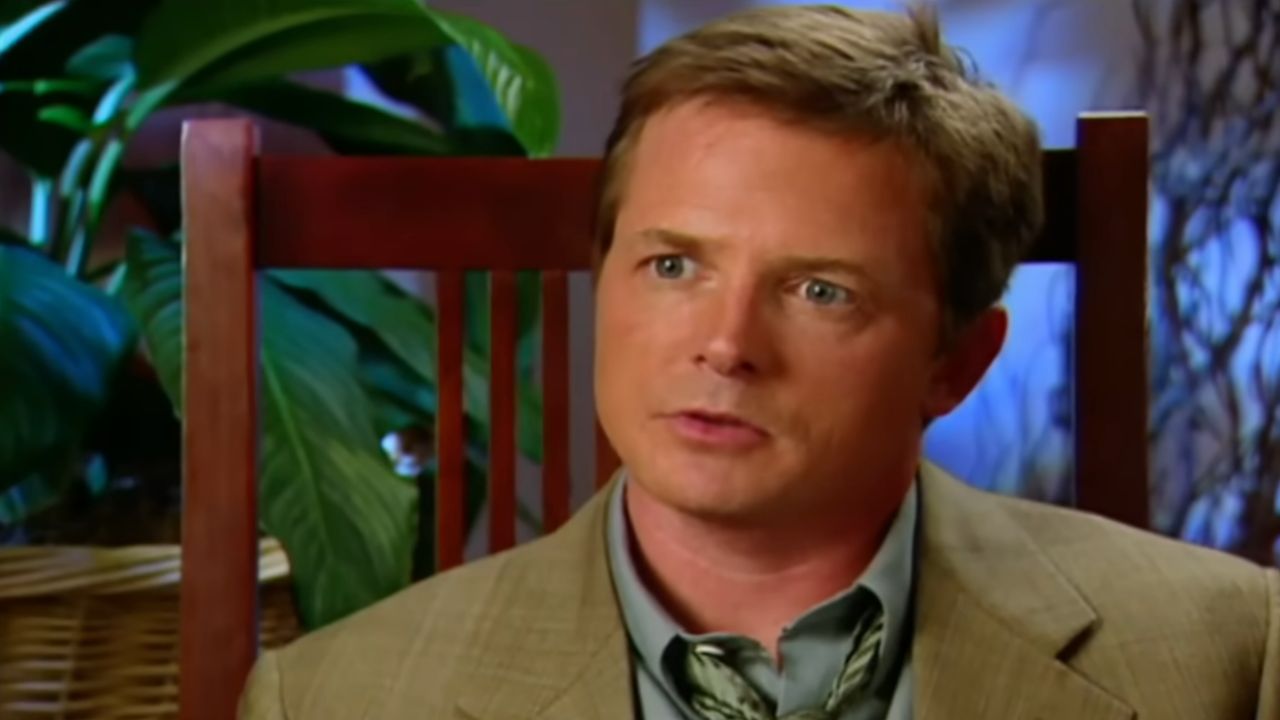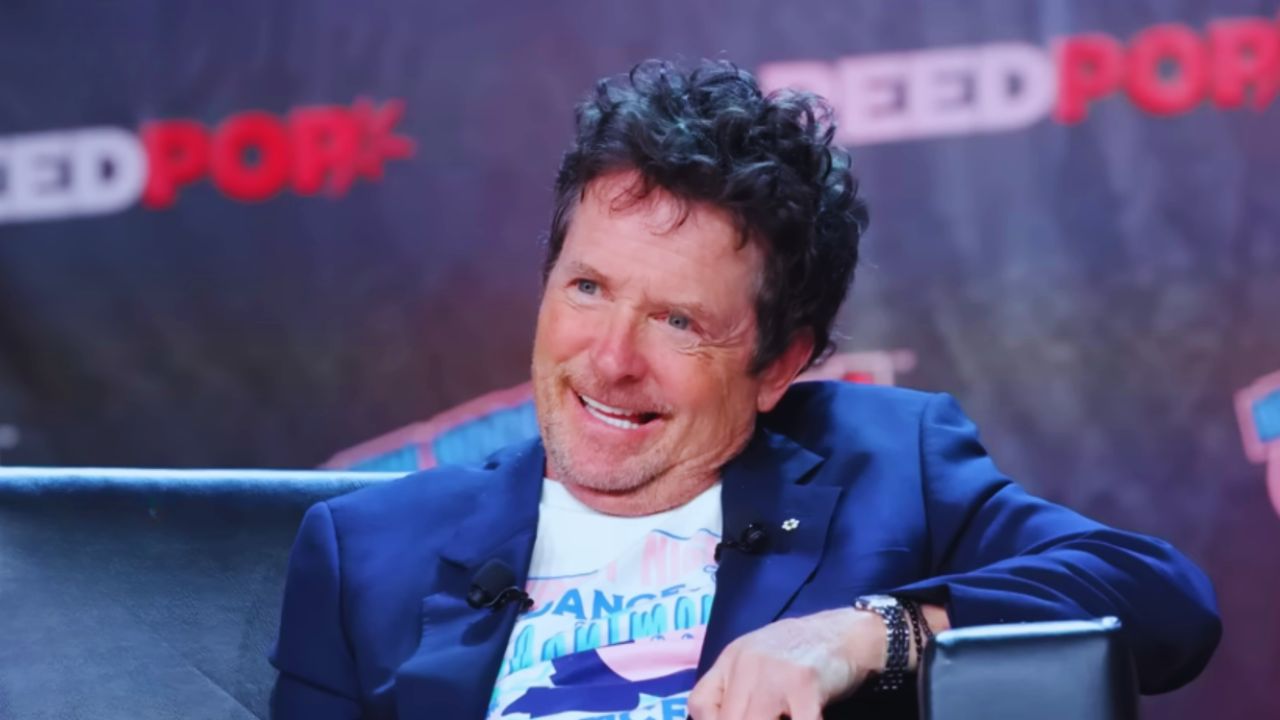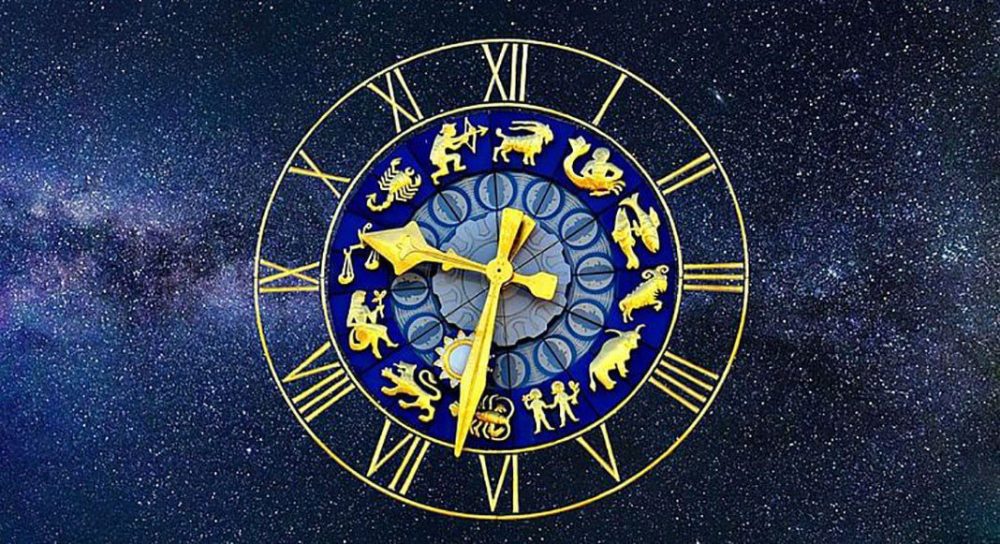Freddie Freeman, the celebrated MLB player and first baseman for the Los Angeles Dodgers, often captivates fans with his impressive performances on the field.
However, it’s his off-field remarks about his son that have recently caught the public’s attention. So, what did Freddie Freeman say about his son?
The Onset of a Nightmare
On July 22, 2024, what started as a slight limp in Maximus quickly escalated into a parent’s worst nightmare. Freeman recounted the harrowing experience: “Within four days, it reached his shoulders, which is affecting his diaphragm and breathing.
So I’m at an airport trying to fly home and getting updates. It was absolutely awful.” By July 26, Maximus had gone into full-body paralysis, forcing Freeman to rush home from a series with the Houston Astros.
A Father’s Anguish
Freeman’s voice cracked with emotion as he described the scene that greeted him at the hospital: “By 7:30, he was completely ventilated, feeding tubes, everything. So I walked in about 10 o’clock … I think a lot of us are parents in here, and seeing one of your kids with a ventilator, fighting, it was hard.
The usually composed athlete couldn’t hold back tears during a 30-minute press conference, demonstrating the profound impact of this experience on him and his family.
The Battle Against Guillain-Barré Syndrome
Guillain-Barré syndrome is a condition where the body’s immune system attacks its nerves, leading to weakness, numbness, and, in severe cases like Maximus’s, paralysis. According to the CDC, it affects only one to two individuals per 100,000 people in the United States annually.
The Road to Recovery
Despite the grim initial prognosis, Maximus showed remarkable resilience. Freeman shared a glimmer of hope: “Thankfully, however, a few days after the ventilator went in, Max began to make a strong recovery and was able to get the breathing and feeding tubes removed on Wednesday.” This improvement allowed Maximus to be discharged from the hospital on July 29, just eight days after being admitted to the pediatric intensive care unit.
A Father’s Perspective
Freeman’s words paint a picture of a man grappling with helplessness in the face of his child’s suffering. “No one should have to go through this, especially a 3-year-old. I don’t know how many times Chelsea and I said we wish we could switch,” he said, his voice thick with emotion. This sentiment resonates with parents everywhere, highlighting the universal nature of a parent’s love and desire to protect their children.
The Impact on Freeman’s Career
The ordeal forced Freeman to step away from baseball, missing eight games to be with his family. His return to the Dodgers’ lineup on August 5 was marked by a standing ovation from fans, a testament to the support he received during this challenging time.
Maximus’s Progress and Freeman’s Gratitude
As of August 5, Freeman reported that Maximus was making significant strides in his recovery. “Max is doing all right,” he said. “We came home Saturday night from the ICU. So we started physical therapy yesterday, and let me tell you, he hates that. But he’s doing OK. He’s back; he’s Max. He’s doing well in that aspect.
A New Perspective on Life and Baseball
The experience has given Freeman a new outlook on both his personal and professional life. He expressed this shift in perspective: “I would gladly strike out with the bases loaded in the bottom of the ninth inning in Game 7 of the World Series 300 million times in a row rather than see that again.” This statement underscores how the ordeal has reshaped his priorities and deepened his appreciation for his family’s health and well-being.
The Freeman Family’s Resilience
Throughout this challenging period, Freeman has repeatedly emphasized the strength and resilience of his son and family. He shared a touching anecdote about Maximus’s spirit: “When he had the ventilator out and his feeding tube came out, he still had his IVs in, and he was acting like he was Spider-Man. Anyone that came in, he would, ‘Pew,’ like he was shooting them.
Support from the Baseball Community
Freeman expressed deep gratitude for the support received from the Dodgers organization, fellow players, and fans. He was particularly moved by the #MaxStrong T-shirts worn by his teammates upon his return. This outpouring of support highlights the tight-knit nature of the baseball community in times of personal crisis.
Long-Term Outlook and Ongoing Challenges
While Maximus has made significant progress, Freeman acknowledges that the journey is far from over. “He’s got to relearn how to do pretty much everything. Terrible syndrome,” Freeman stated. The family faces the challenge of helping Maximus regain his strength and relearn basic skills like walking.
A Message of Hope
Despite the difficulties, Freeman’s story carries a message of hope for other families facing similar challenges. He emphasized, “We’re one of the lucky ones that got Guillain-Barré that he might have a full recovery. There are kids out there who are fighting for their lives right now. It just puts everything in perspective.
The Freeman Family: A Closer Look
To better understand the context of this challenging time for the Freemans, it’s important to look at their family structure:
| Family Member | Role | Notable Information |
| Freddie Freeman | Father | MLB player for Los Angeles Dodgers |
| Chelsea Freeman | Mother | Entrepreneur, founder of Chelsea Freeman Collection |
| Frederick ‘Charlie’ Charles II | Eldest Son | Born September 15, 2016 |
| Brandon John | Middle Son | Born December 20, 2020 |
| Maximus Turner | Youngest Son | Born February 14, 2021, diagnosed with Guillain-Barré in July 2024 |
The Impact on Freeman’s Career
Despite the personal challenges, Freeman’s professional performance has remained strong. Here’s a look at his stats before and after Maximus’s illness:
| Period | Batting Average | Home Runs | RBIs |
| Before Maximus’s illness (2024 season start to July 25) | .288 | 16 | 67 |
| After return (August 5 to end of regular season) | Data not available | Data not available | Data not available |
Takeaways
Freddie Freeman’s words about his son’s battle with Guillain-Barré syndrome reveal a father’s love, fear, and hope in the face of a life-threatening illness. What did Freddie Freeman say about his son? He spoke of the heartbreak of seeing his child suffer, the joy of witnessing his recovery, and the profound impact this experience has had on his perspective as both a parent and a professional athlete.
Freeman’s candid sharing of his family’s journey has touched hearts and raised awareness about this rare condition, demonstrating the strength of the human spirit in overcoming life’s most challenging moments.









































